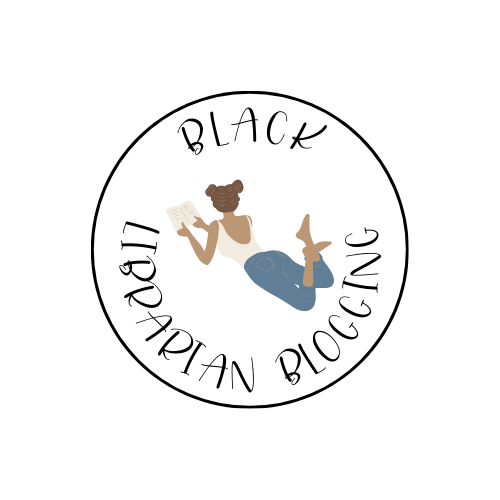
But most of all, Jacob must share with Isaac the unspoken truths that reside in his heart. He must give voice to the trauma that Isaac has inherited. And he must create a space for the two to find peace.
With piercing insight and profound empathy, acclaimed author Daniel Black illuminates the lived experiences of Black fathers and queer sons, offering an authentic and ultimately hopeful portrait of reckoning and reconciliation. Spare as it is sweeping, poetic as it is compulsively readable, Don't Cry for Me is a monumental novel about one family grappling with love's hard edges and the unexpected places where hope and healing take flight.
As Jacob writes letters to his son he tells the readers about his life as a way to explain his negative treatment of Isaac. Through Jacob's letters we learn that he was raised a very short distance away from indentured servitude and cotton picking. We learn that Jacob had to grow up fast and strong. What he could do with his hands was more important than what he could do with his brain. Men were "real men" because they had to be if they wanted to survive. It was the perfect combination of the lack of growth mindset, education, and his upbringing that caused Jacob's mistreatment of his wife and son.
There are so many of us who grew up hearing that there was "no time for all that crying" and the million ways that comment entered our lives, conditioning us to suppress our emotions and bootstrap our way through life. We have to be smarter, faster, better, more professional, more sought after because our people are as far removed for legal inequity as the country wants us to believe.
When I read Jacob's letters, my heart broke for Isaac and the failures he had to endure from both his father and his mother. As Jacob began to read, and learn, and we watched as he began to understand the harm he'd done, I felt... not better... but not sad? Maybe what I felt was an understanding. An understanding that our parents were raised by our grandparents. Many of our (old millennial) grandparents lived through Jim Crow, and seeing how that life, the life of our grandparents, affected the life of our parents, which in turn affected us. There are never any excuses for some of Jacob behaviors. The good times they had don't necessarily counteract some of those horrifying moments.
Isaac's story isn't my story. Jacob isn't my dad, and yet I felt so seen, so understood, and I look back on some moments from my youth and I understand in ways that I didn't before.
What a beautiful story.




No comments:
Post a Comment